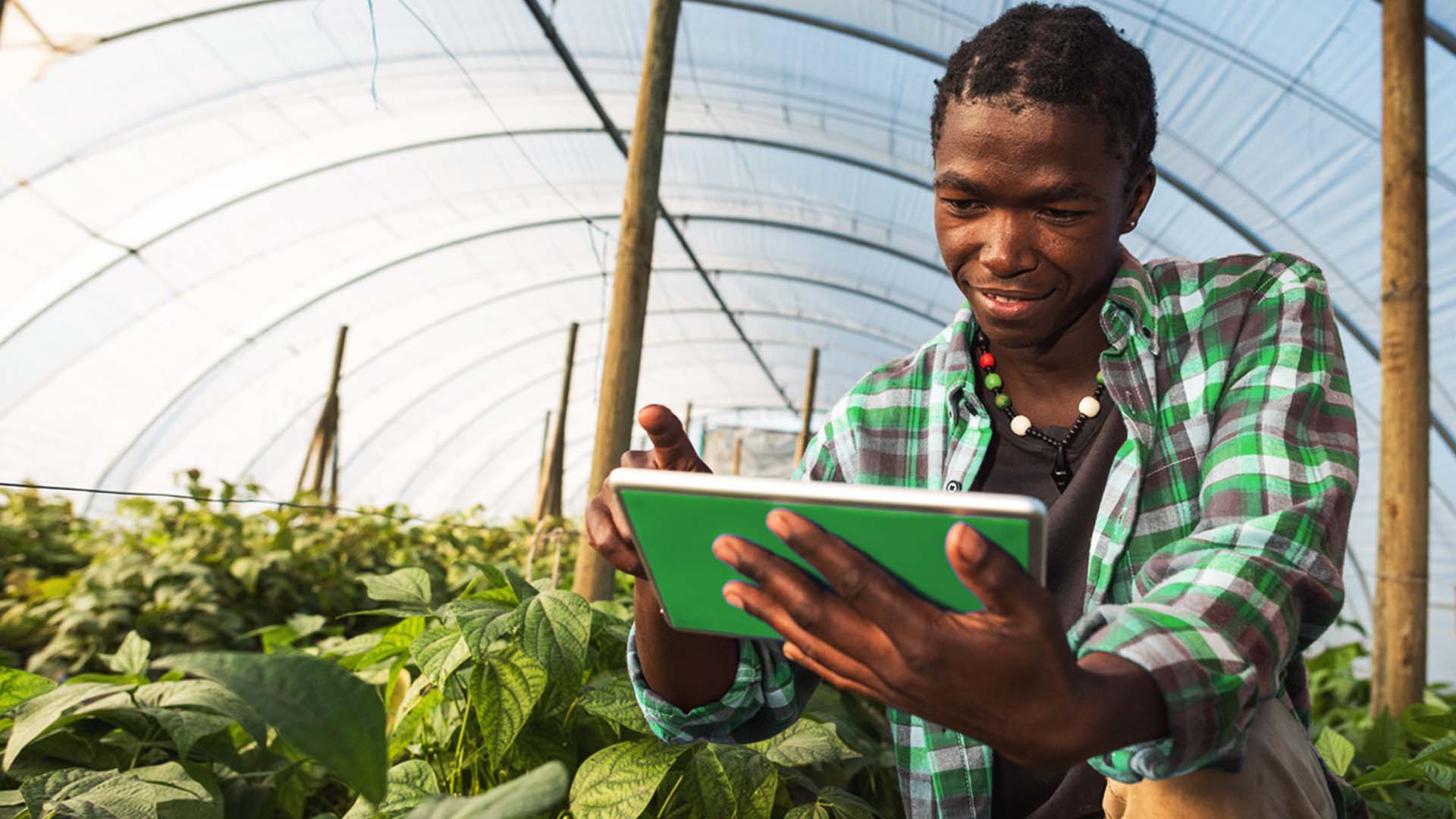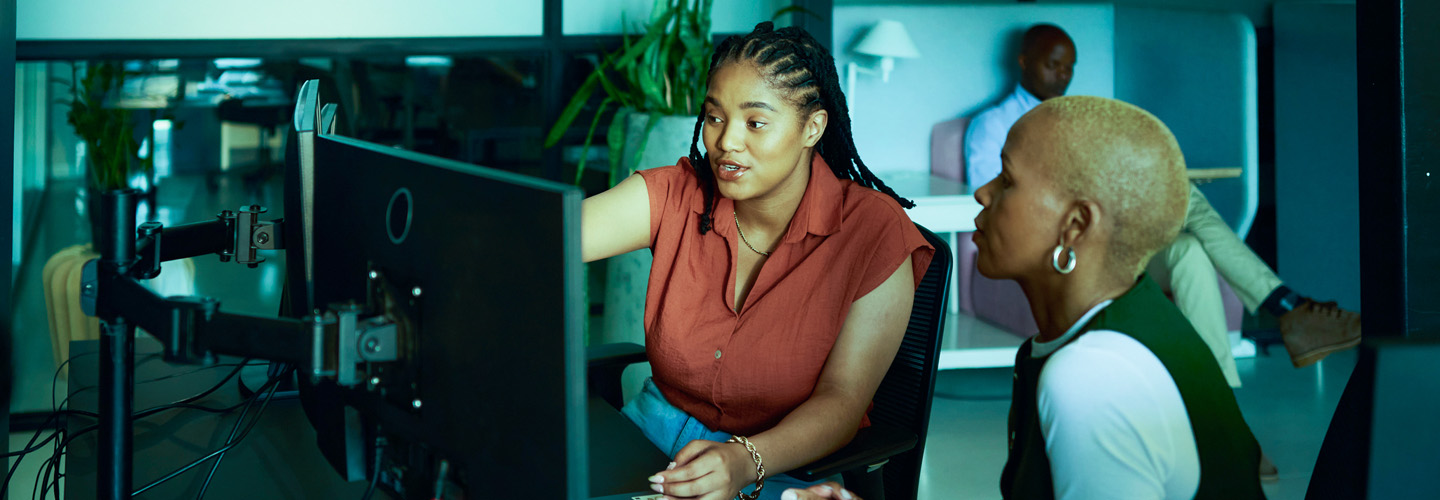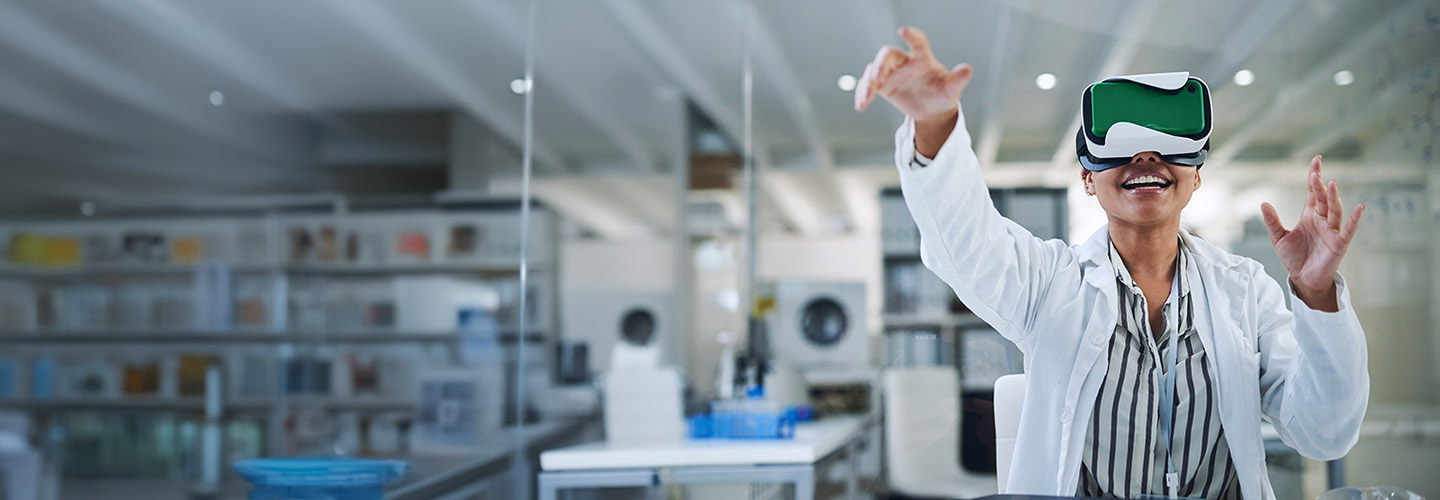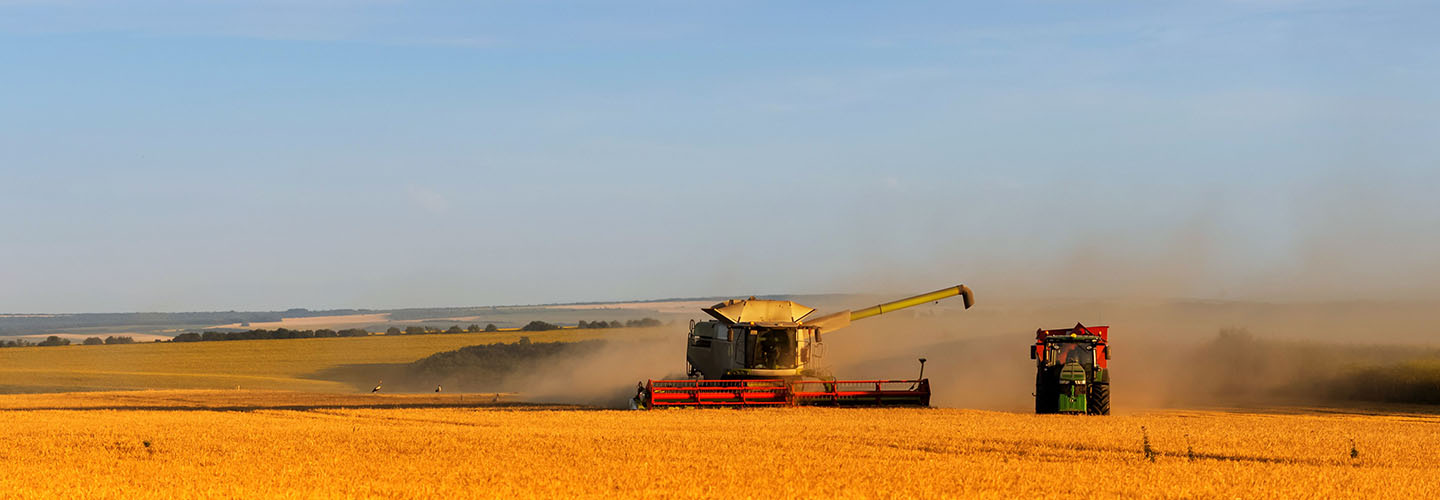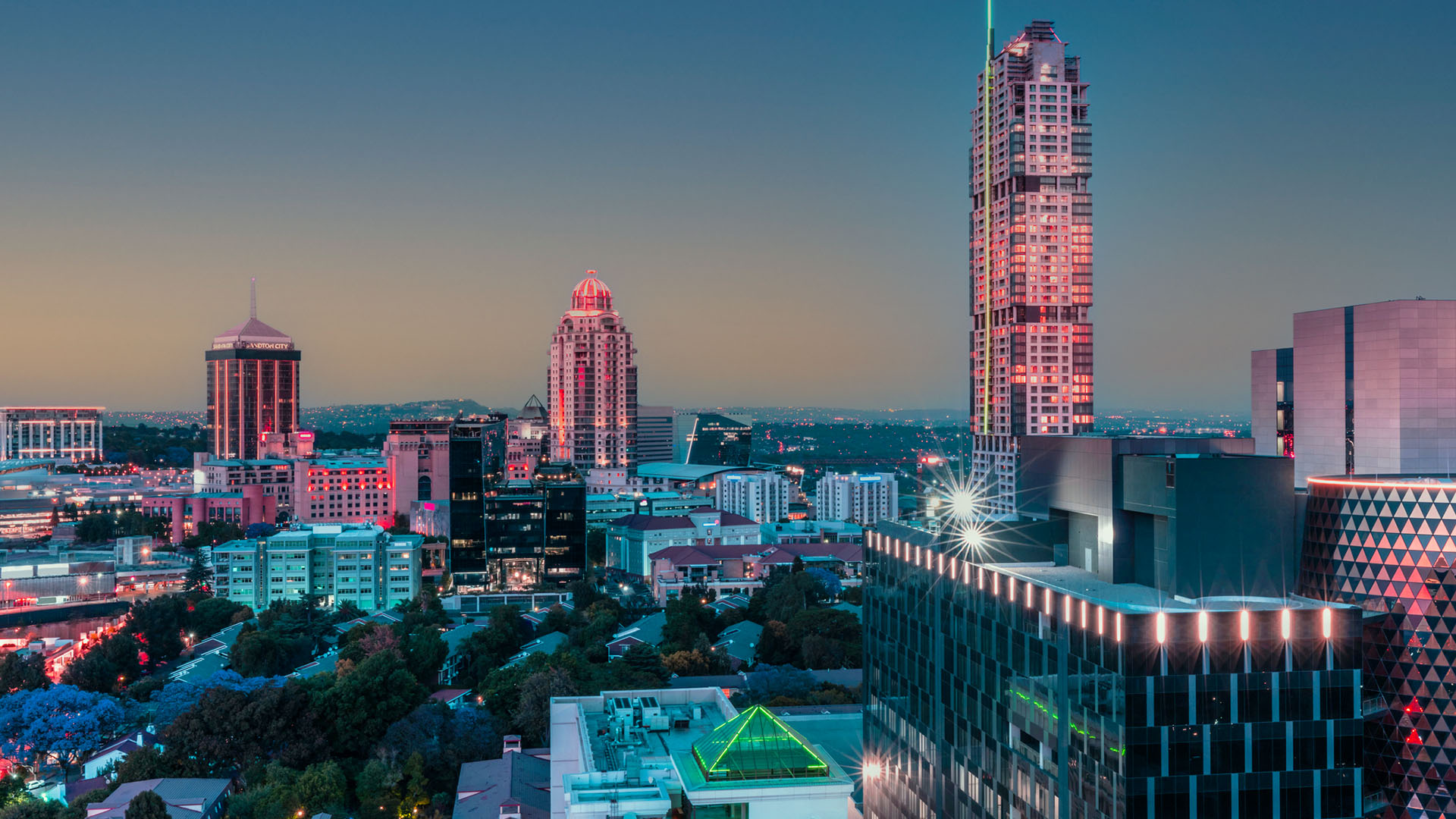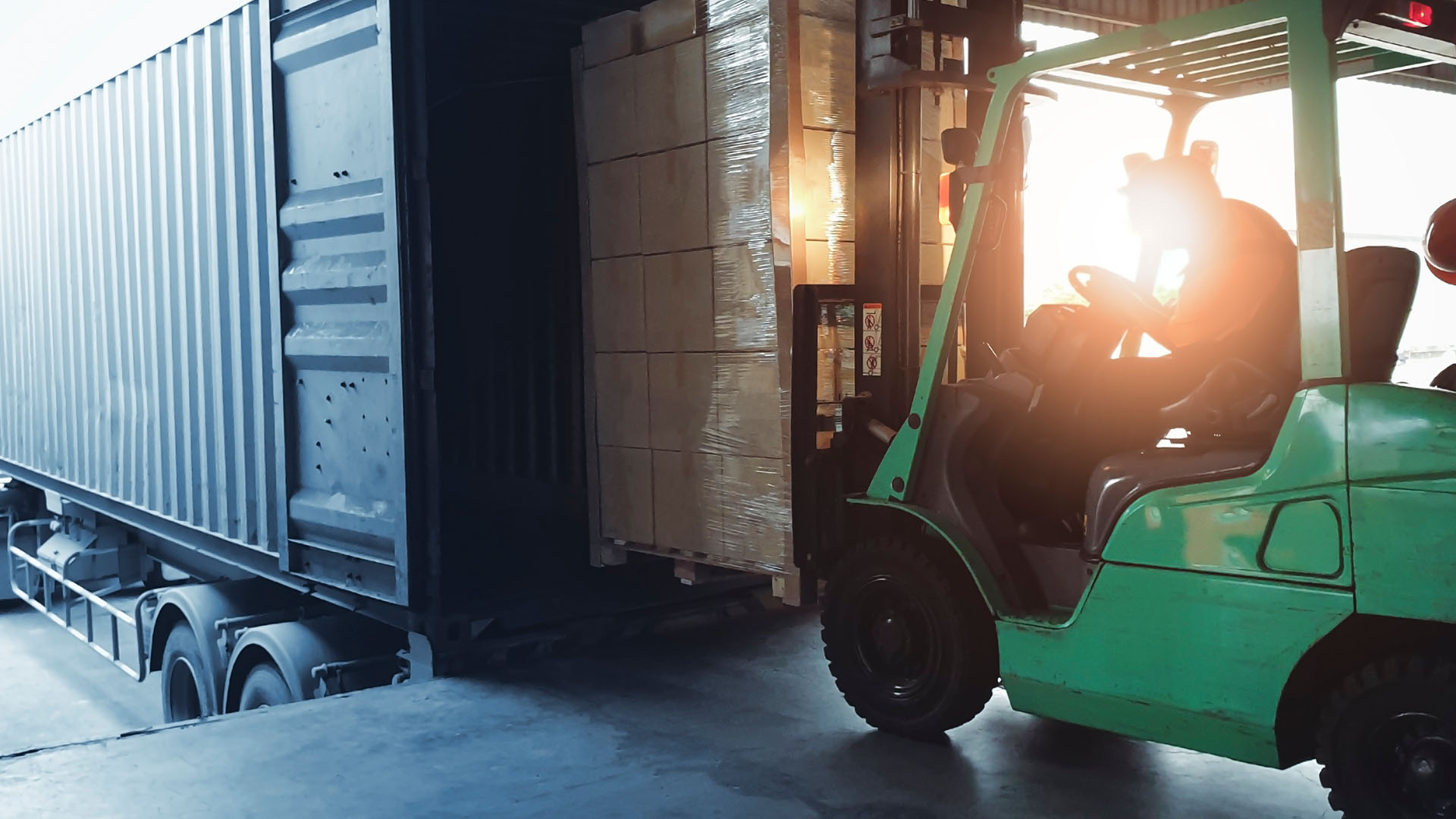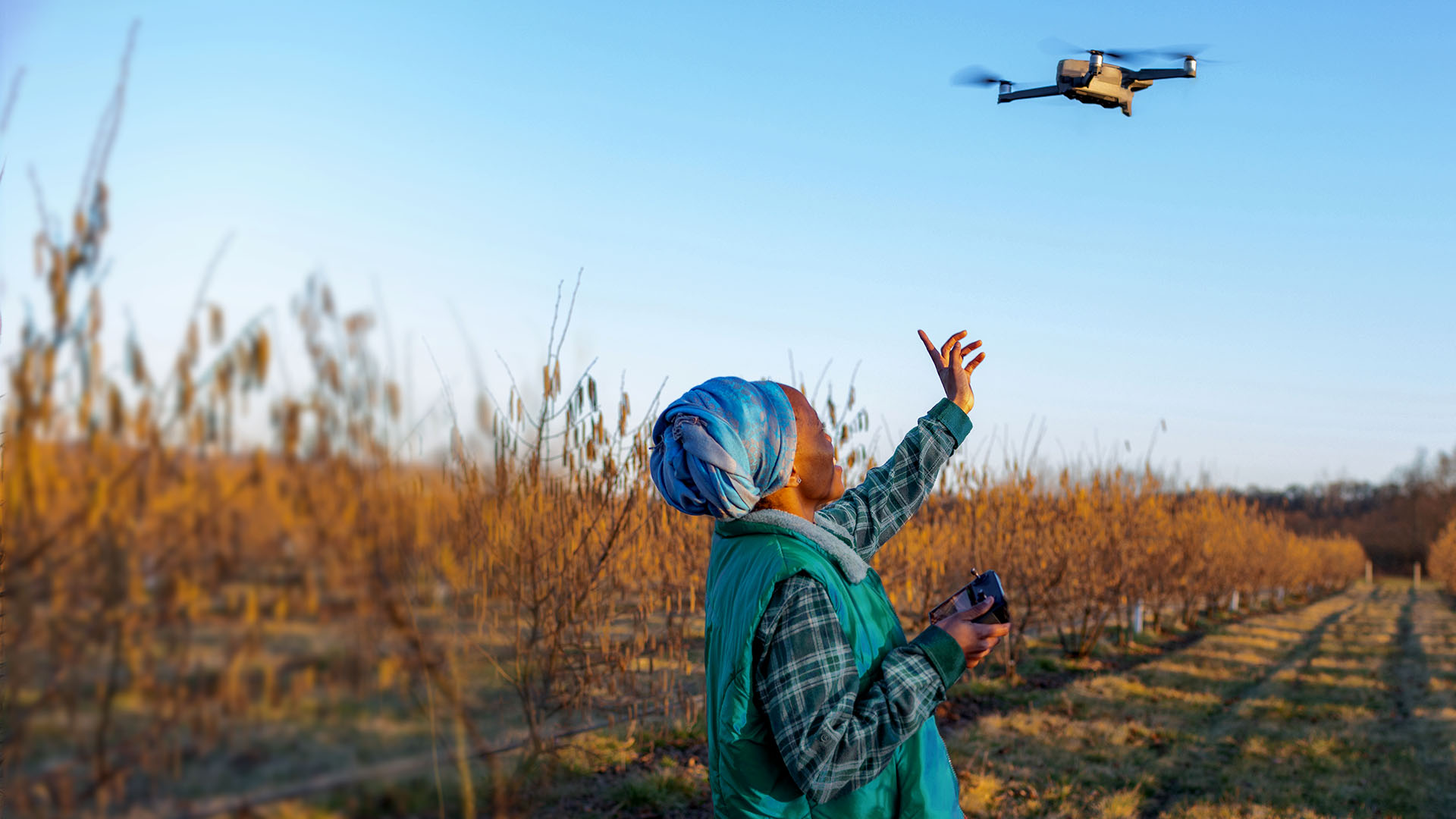The global wine industry has become more competitive than ever. With annual wine production of 36 billion bottles spread across more than a million different wine labels from 150,000 professional winemakers worldwide, making a great wine is not enough anymore.
How, then, does one wine estate differentiate itself from the others? By embracing technology at all stages – from inputs to processing and management, all the way through to marketing and sales.
Technology is everywhere, from vineyard to virtual shopping basket
While nothing will ever replace the human instincts that winemakers with years of experience behind them develop, savvy winemakers are making more and more use of technology to streamline their outputs. Drones are becoming commonplace in the vineyard, for more precise pest control and to gather data. Some wineries are even harnessing the power of the USA’s National Aeronautics and Space Administration (NASA), to map which varietals to plant where, based on the analysis of heat and wind patterns.
There are wine-processing tools that improve harvesting, sorting, settling and filtration. Alcohol-free wine is a growing market, made possible by vacuum distilling at low temperatures after fermentation, to retain all the flavours while eliminating all but a fraction of the alcohol.
Technology exists that takes historical data on wine-drinking trends to model future patterns, which winemakers can use to plan. There are tools that pull conversations and wine mentions from social media and other channels, providing wineries with real-time feedback from consumers to get a better understanding of how the public is reacting to their wine.
Harvesting big data can tell us, for example, whether younger generations are drinking as much wine as their parents did, which wines people will want to drink in a few years’ time, and which cultivars to plant given the qualities of a winery’s terroir. There is even an app that analyses wine labels to understand what drives consumers to make a purchase.
Distribution is changing forever
Despite the breakneck acceleration to e-commerce brought on by the Covid-19 pandemic, the wine sector has been slow to embrace it, lagging the retail world by 5 to 10 years, according to the State of the Wine Industry 2021 Report. This includes the development of websites, the inclusion of shopping carts, the effective use of social media, the most basic use of e-commerce search engine optimisation (SEO) and Google Analytics, and the ability to collect and maintain consumer databases that personalise consumers’ interactions. While this report refers to wineries in the USA, indications are that trends in South Africa are very similar.
Wine has always been about science mixed with art
The 2020 Nielsen data showed global alcohol e-commerce has more than doubled – growing by 234% compared to 2019. Wine has enjoyed the largest success, making up nearly 70% of total online retail sales tracked in the report. South Africa is no exception, with online wine sellers reporting triple-digit sales growth in 2020.
But this is just the tip of the iceberg. The potential for growth is staggering: China consumes 16 billion litres of wine every year, with 50% of customers buying online.
Thinking out of the box
While digital commerce is unlikely to replicate the immersive experience of visiting a vineyard and connecting a consumer with their favourite wine on an intimate level, there are already some ingenious examples of ways to add a social element to buying wine online. For example, the online wine club Naked Wines ensures that every single bottle sold has a human story behind it, with a section on the site where members can view quirky details about the winemaker and estate. Naked Wines also encourages its members and winemakers to chat with and follow each other to develop human connections. With more than US$100 million in sales over the past year, it appears that this policy has helped business along.
Some wineries in New Zealand are trying fresh approaches to draw wine lovers to live tastings, such as multisensorial wine tastings. These use virtual reality and music to create immersive wine-tasting experiences that enhance the flavours on the palate.
The bottom line is that the world – from input to customer – is changing at a rapid pace and we strongly urge our clients to adopt and embrace these changes and technologies. It is a remarkable opportunity to redefine and reinvent the wine industry.
Technology shouldn’t be a threat. It can enhance the role of seasoned professionals and dedicated winemakers by guiding their decisions and adding precision to their practices, resulting in the better use of resources, higher yields and more profitable businesses. The ideal solution is a blend of human and tech. After all, wine has always been about science mixed with art. By looking at opportunities differently, we can create new realities for businesses and the agricultural sector.
Want to know more?
Nedbank is at the forefront of investing in the technology industry and introducing clients in the agricultural sector to disruptive innovation. Partnering with Aerobotics, a big-data analytics company, and similar disruptors, enables us to offer innovations and banking solutions to improve our own growth as well as efficiencies within our clients’ businesses.
Avo SuperShop also brings customers and businesses together and enables them to connect. ‘To date, we have supported the wine industry with over 300 wines from more than 20 wine farms listed on the platform, and we are growing daily,’ said Privesan Naidoo, Strategic Partnership Lead at Nedbank.
To find out how Nedbank can help your business grow, send an email to Daneel Rossouw at daneelr@nedbank.co.za

